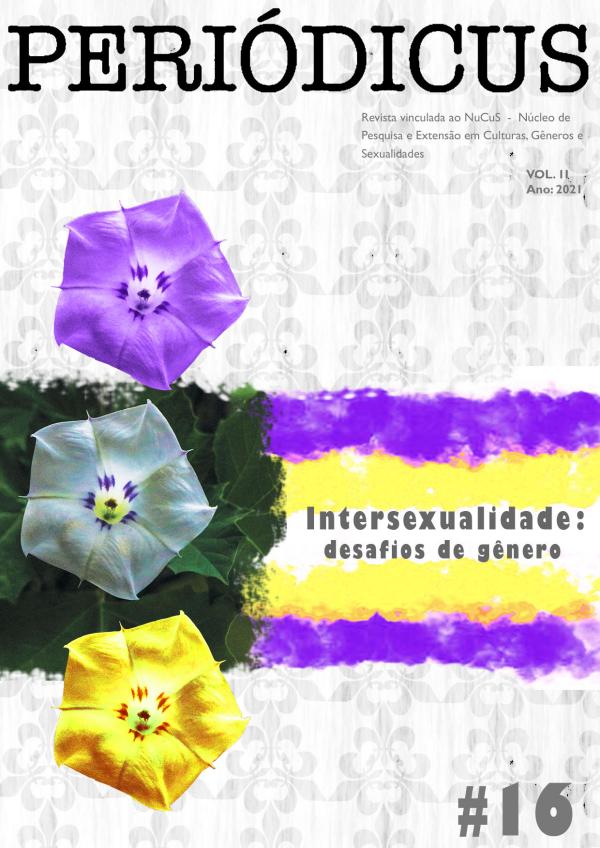Linn da Quebrada’s political body
DOI:
https://doi.org/10.9771/peri.v2i16.39180Abstract
This paper will discuss the categories of race, body, gender and sexuality based on the political being of rapper and
performer Linn da Quebrada. Linn is a Brazilian artist whose songs and performances subvert the universal “alpha male”
standard of the funk and rap scene. Her voice targets society’s heteronormativity, with lyrics that explore the feminine beyond
its biological aspect, exploring the category of woman from abject bodies (Butler, 2019) – trans, non-medicalized, effeminate
and queer bodies. Based on a qualitative, exploratory and descriptive methodology, this documentary analysis investigates
Linn’s plurality, who uses art as a political instrument to advocate for the feminine and the TLGB community. The study
explores the alterity of those defended and quoted by Linn’s music, articulating her perspective with concepts of authors such
as Judith Butler, Michel Foucault, Patricia Hill Collins, etc.
Downloads
Downloads
Published
How to Cite
Issue
Section
License
Copyright (c) 2021 João Paulo da Silva

This work is licensed under a Creative Commons Attribution-NonCommercial 4.0 International License.
Authors who publish in this journal agree to the following terms:
Authors retain copyright and grant the journal the right of first publication, with the work simultaneously licensed under a Creative Commons Attribution Noncommercial License that allows the work to be shared with acknowledgment of authorship and initial publication in this journal, but prohibits commercial use.
Authors are authorized to enter into separate additional contracts for non-exclusive distribution of the version of the work published in this journal (e.g., publishing in an institutional repository or as a book chapter), with acknowledgment of authorship and initial publication in this journal.
Authors are permitted and encouraged to publish and distribute their work online (e.g., in institutional repositories or on their personal website) at any point before or during the editorial process, as this can generate productive changes and increase the impact and citation of the published work (see The Effect of Open Access).








